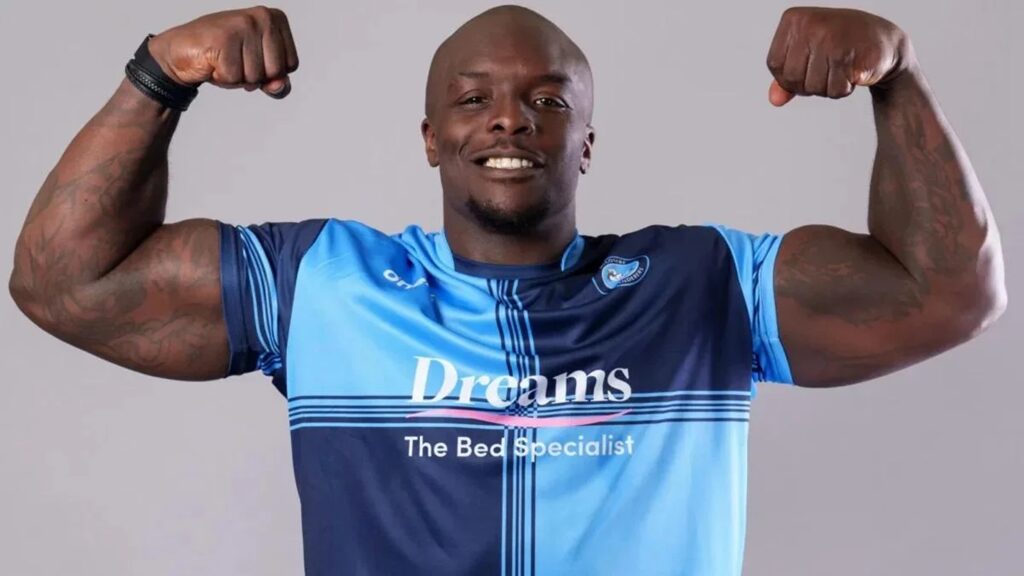In September 2023, a controversy arose over an advertisement featuring the retired footballer Adebayo Akinfenwa, who spoke about his role as a brand ambassador for BetUK.
He highlighted the safer gambling tools provided by BetUK, such as deposit limits, reality checks, and time-outs, urging players to “always gamble responsibly with BetUK.”
Despite its intentions, the ad sparked a complaint to the Advertising Standards Authority (ASA) over its potential appeal to minors.
The complainant questioned whether Akinfenwa’s presence breached the BCAP Code by appealing strongly to children.
BetUK and its parent company, LeoVegas, defended the advertisement, arguing that Akinfenwa’s appeal to under-18s was minimal given his age (41) and career history in lower football leagues, thus making him less likely to attract a young audience.
They further noted that Akinfenwa’s media presence and product line did not target children, and his social media statistics showed a relatively small percentage of followers under 18.
The ad, they stated, also aired during a radio show with an adult audience, with Radiocentre backing their stance.
However, the ASA decided against BetUK and LeoVegas.
The authority referenced the BCAP Code’s stipulations against gambling ads appealing to those under 18.
While acknowledging Akinfenwa’s lower league career might make him a “low risk,” the ASA pointed out his significant social media following among minors, partly due to his fame for physical strength and his status as a “cult hero” among football fans, including children who play the FIFA video game series.
With over 157,000 followers under 18 across his social platforms, the ASA deemed this a “significant number in absolute terms,” elevating Akinfenwa to a “high risk” category of appeal to minors.
As a result, the ASA ruled the advertisement violated rules 17.4 and 17.4.5 of the BCAP Code, regarding gambling, and prohibited its future broadcast in the current form.
The agency also advised LeoVegas Gaming and BetUK against using individuals or characters in their ads that might strongly appeal to under-18s, emphasizing the need to consider broader implications of endorsers’ profiles beyond their professional achievements.
